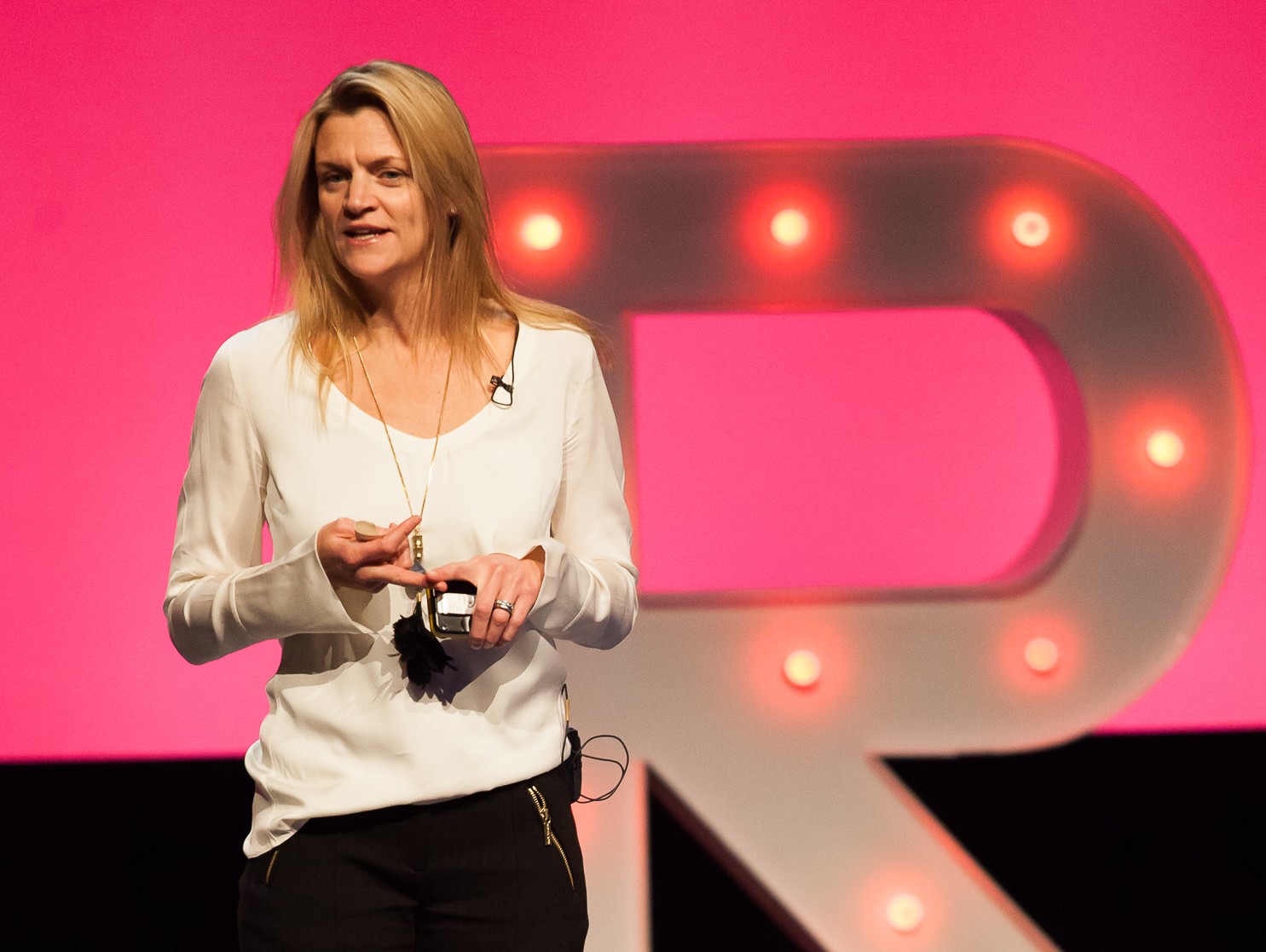Why Ericsson is developing leaders in Africa
- 2 Min Read
Ericsson believes its senior leadership summits to Africa have impacted 3,000 people across the organisation and seen a boost in employee engagement. The technology company has sent 150 senior leaders to participate first-hand in the organisation’s Global Perspectives initiative. It partners senior executives to work closely with leaders of non-governmental organisations in Tanzania for ten […]
- Author: Lucinda Beeman
- Date published: Feb 9, 2016
- Categories

Ericsson believes its senior leadership summits to Africa have impacted 3,000 people across the organisation and seen a boost in employee engagement.
The technology company has sent 150 senior leaders to participate first-hand in the organisation’s Global Perspectives initiative.
It partners senior executives to work closely with leaders of non-governmental organisations in Tanzania for ten days – including staying with local people.
Speaking at the HR Directors Business Summit, Ericsson vice president and head of talent management Selina Millstam explained why the organisation valued the process so highly.
“At Ericsson we talk about complete leaders. We hire really smart people, but that’s not enough. We also say you have to use your guts, which is taking risks. And it’s about heart, which is emotional intelligence,” she said.
Why building a solid corporate culture should be a HR priority
Following the trip to Tanzania, Ericsson’s leaders present directly to the CEO, floating ideas on how to bring their learnings into strategic decision-making, execution and designed thinking.
A safari, for example, becomes an opportunity to think about how ecosystems function; emerging executives are asked to consider how they can work together to preserve something larger than themselves.
As a result, Millstam estimated that nearly 3,000 Ericsson employees had been impacted by the initiative, due largely to returning leaders being encouraged to share their takeaways with their teams and open dialogues. Participants also apply their learning to wider organisational issues.
“While we think that purpose is deeply personal, we also have the sense that it’s social; there has to be something about improving the lives of others in a purpose.
“This is around getting cross functional leaders, who already have a strong performance record and potential, to say: How do we solve some of the critical issues in our organisation?” she added.
Ram Charan: This is an era for HR








